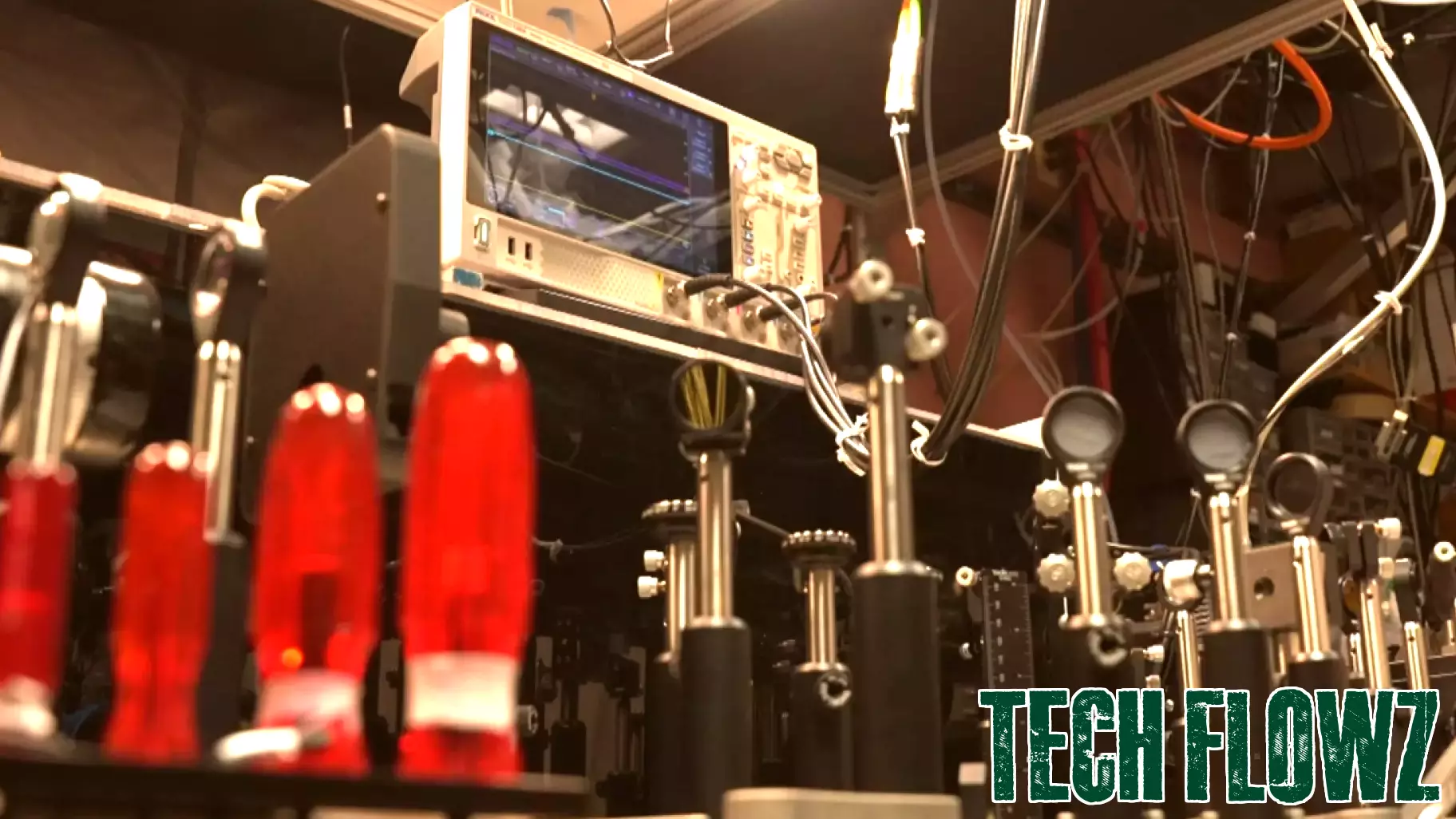Innovative Breath Analysis Technology May Revolutionize Disease Diagnosis
February 22, 2025 - 20:13

A groundbreaking technology developed by a team of physicists at the University of Colorado Boulder has the potential to transform the way researchers diagnose illnesses. This new method, known as Modulated Ringdown Comb Interferometry (MRCI), utilizes advanced techniques to analyze breath samples, offering a non-invasive alternative for detecting various health conditions.
MRCI works by measuring the unique spectral signatures in exhaled breath, which can indicate the presence of specific biomarkers associated with different diseases. This innovative approach could lead to earlier detection of conditions such as cancer, respiratory diseases, and metabolic disorders, ultimately improving patient outcomes.
The technology's sensitivity and precision allow for the identification of trace gases in breath, which may serve as indicators of underlying health issues. Researchers are optimistic about the potential applications of MRCI in clinical settings, where quick and accurate diagnoses are crucial. As studies continue, this technology could pave the way for a new era in medical diagnostics, making breath analysis a routine part of health assessments.
MORE NEWS

February 22, 2026 - 13:40
Nine-kilometre outback goat trap catching thousands and paying for itselfA remarkable nine-kilometre fence, dubbed a `goat trap,` is delivering extraordinary results on a remote Australian station, capturing thousands of feral animals and already recouping its cost....

February 21, 2026 - 04:06
The Hidden Danger in Your Voice: Protecting Identity in the Age of AIThe unique sound of your voice may be a growing privacy liability. New research indicates that the countless personal cues embedded in speech are becoming increasingly vulnerable to exploitation by...

February 20, 2026 - 22:50
A Digital Divide Emerges in the Restaurant ExperienceA new industry report highlights a significant perception gap between restaurant operators and their customers regarding the impact of technology. While many businesses are investing heavily in...

February 20, 2026 - 11:03
Milton company partners with VA company to promote drone technologyA new partnership is taking flight to advance the future of unmanned aerial systems. Appalachian Unified Aerospace, based in Milton, has announced a strategic collaboration with MITRE, a...